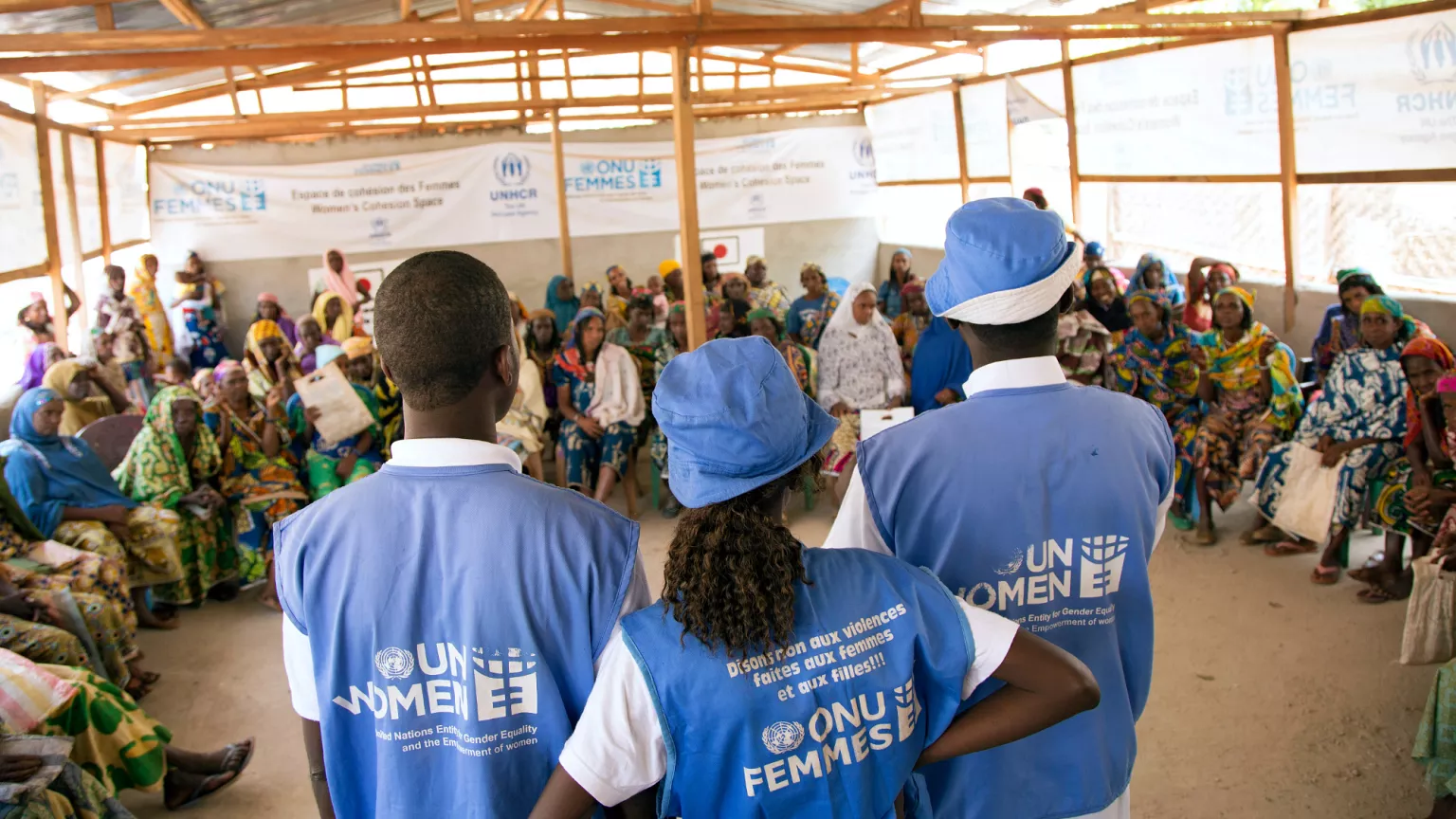
A World Bank report released on August 1, 2025, has raised alarm over the persistent economic marginalisation of women in Algeria, Morocco, Tunisia, and Libya, despite significant gains in education across the region.
According to the report, women’s participation in the workforce remains among the lowest globally.
Only 17% of Algerian women, 20% of Moroccan women, 27% of Tunisian women, and 35% of Libyan women are economically active.
In many cases, the gender gap in labour force participation exceeds 25 percentage points.
The report paints a bleak picture of stalled progress.
Although educational attainment among women has improved considerably, this has not translated into equitable job opportunities.
Alarmingly, the report notes that the more educated a woman is, the higher her chances of facing unemployment, particularly in professional and skilled sectors.
Structural and social barriers continue to hinder women’s access to the workforce.
The World Bank identifies entrenched gender norms, inadequate childcare facilities, unsafe transportation, and hiring discrimination as key obstacles.
Legal protections, especially against workplace harassment and unequal access to financial credit, are often incomplete or poorly enforced.
Informal employment remains the only option for many women, yet it offers little to no social security.
In Libya, where female workforce participation is highest in the region, nearly 25% of working women remain unemployed—double the male unemployment rate.
In Algeria and Morocco, a stark contrast persists between women’s academic aspirations and their ability to integrate into the workforce.
Even in Tunisia, where the legal framework is more progressive, similar challenges persist.
To close this gap, the World Bank recommends enhancing women’s access to entrepreneurship by easing financing and improving digital access, introducing family-friendly policies, ensuring safer work environments, and shifting cultural perceptions through awareness campaigns.
Beyond equity, the report stresses the economic imperative of gender inclusion.
Closing the gender employment gap could significantly boost GDP across the Maghreb.
In the face of economic headwinds and demographic change, the World Bank warns that empowering women is not only a social priority but a strategic necessity for the region’s development and stability.



